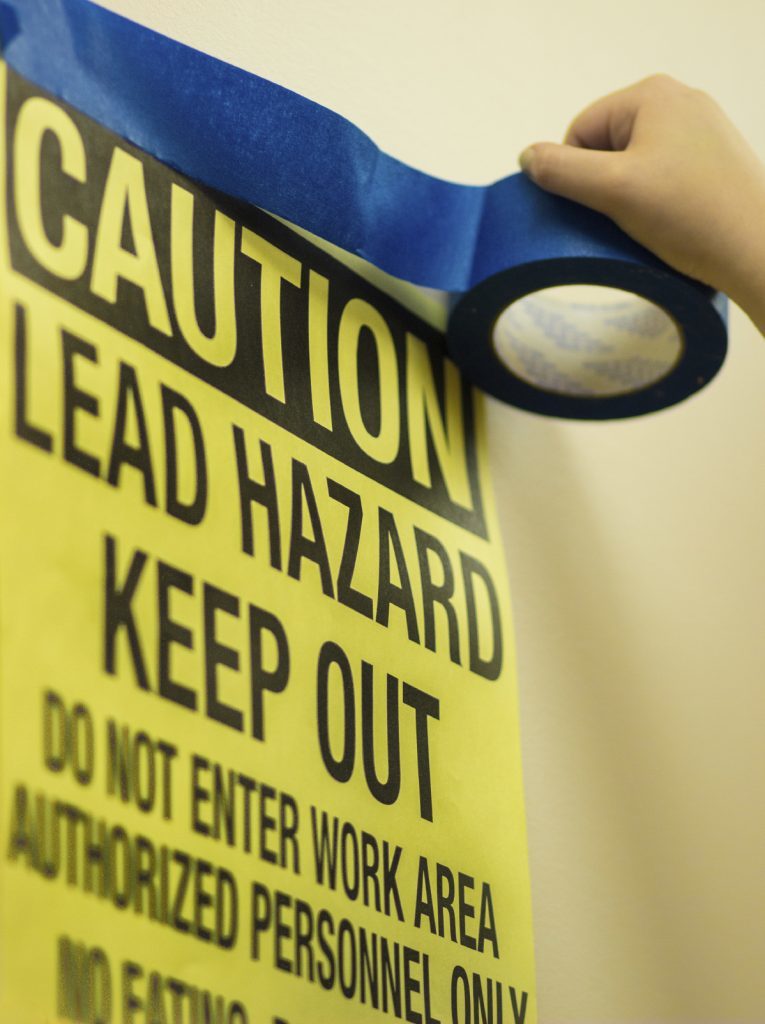- Patient Resources
- Services
Proudly Part of Privia Health
Chelation Therapy

Chelation (Key-ley-shun) therapy means using medication to remove certain toxic metals (including lead) and other toxic substances from the body. These medications bind to the metals and substances which have built up in the body over time, and remove them through the urine or stool. Chelation therapy was approved by the FDA for the removal of heavy metals.
What is it?
The main drug of the Chelation Therapy is EDTA. This is a synthetic/modified amino acid. It has an unusual ability to strongly attract/bind to minerals, including toxic metals-lead, aluminum, calcium, and others.
Chelation therapy is cost-efficient, relatively painless, and is covered by many insurance companies based on blood level and necessity. Chelation may help restore function to the lining of the arteries that carry the oxygen and nutrition throughout our bodies. Chelation is a relatively unknown therapy because the patent on EDTA has expired; this means that any pharmaceutical company can manufacture it, removing financial incentive to promote EDTA. The American Heart Association (AHA) claims there is no scientific evidence to demonstrate any benefit from EDTA Chelation Therapy, but there have been over 10,000 scientific papers written which support its use in many different areas.
Lead Exposure and Toxicity
Lead is a highly toxic metallic chemical that has no known benefits in the human body. Lead exists naturally as an element in the earth. Air, food, water, soil, and dust all may contain lead.
Your body's level of lead toxicity rises as you absorb lead which can happen when you swallow or breathe in tiny particles of lead dust. Many people attain lead exposure by forgetting to wash their hands before they eat, drink or smoke.
Exposure from everyday places and things can build up in your system causing major health problems and can even kill you. Lead is often found in common items that one would not even think to consider. Some unexpected places leading to lead exposure include (but are not limited to):
- Bullets
- Drinking wine from contaminated containers and crystal glasses
- Fishing weights
- Pipe
- Lead acid batteries
- Paint (pre-1970s)
- Toys
- Ceramic pottery and ceramic tiles
- Agricultural chemicals
- Stained glass windows
- Sheet Metals
- Radiators
CHECK ALL SYMPTOMS YOU EXPERIENCE
- Unexplained irritability
- Frequent periods of depression
- Numbness/tingling in extremities: (arms, legs, etc.)
- Frequent urination at night
- Unexplained chronic fatigue-tiredness
- Cold hands and feet and/or Hot hands and feet
- Difficulty remembering - memory problems
- Sudden, unexplained anger
- Constipation on regular basis
- Difficulty making simple decisions
- Bloated feeling - frequent
- Tremors or shakes of hands and feet
- Twitching of the face and other muscles
- Frequent leg cramps
- Frequent ringing noise in ears
- Shortness of breath
- Frequent heartburn
- Excessive itching
- Unexplained rashes or skin irritation
- Constant/frequent metallic taste in mouth
- Jumpy, jittery or nervous
- Death wish or suicidal intent
- Frequent insomnia
- Unexplained chest pains
- Pains in joints
- Tachycardia - rapid heart beat
- Unexplained fluid retention - swelling
- Burning sensation on tongue
- Headaches after eating
- Frequent diarrhea
CHECK IF YOU HAVE BEEN EXPOSED TO
- Lead pipes or paint
- Asbestos
- Frequent use of mothballs
- Dry cleaned clothes kept in bedroom closet
- Pet sprays, or pet collar for bugs
- Use of air fresheners, brands(s)
- Regular use of chemicals
- Unfinished pressure treated lumber (outdoor play sets, decking, patio furniture)
- Pesticide/herbicides use - yours or your neighbors - lawns, house, bugs gardens
- Family members bringing home contaminated clothing
- Major power lines over/near home
- Attached garage
- Storage of gasoline, solvents, etc., in garage
- Oil tank in garage
- Tobacco smoke (you or someone in the house smoking)
- New construction, remodeling
- Mobile home
- New furniture and/or carpets
- Waterbed
- Mold
- Gas or oil heat
- Gas stove, woodstove, fireplace
- Furnace ducts of filter, not cleaned at least yearly
Do You Have Symptoms of Lead Toxicity?
Review the checklists and note any that would apply to you. If you have symptoms of exposure, contact Bay Colony Physicians for a simple blood test that will determine your blood lead levels.
